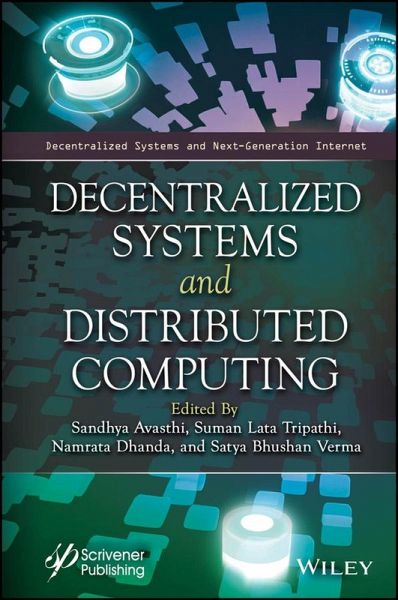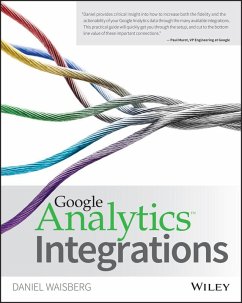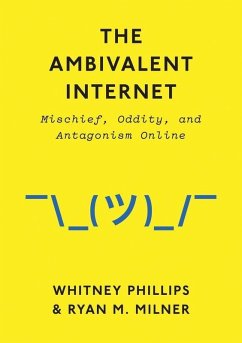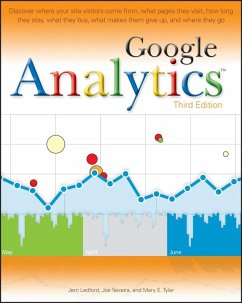
Decentralized Systems and Distributed Computing (eBook, PDF)

PAYBACK Punkte
0 °P sammeln!
This book provides a comprehensive exploration of next-generation internet, distributed systems, and distributed computing, offering valuable insights into their impact on society and the future of technology.The use of distributed systems is a big step forward in IT and computer science. As the number of tasks that depend on each other grows, a single machine can no longer handle all of them. Distributed computing is better than traditional computer settings in several ways. Distributed systems reduce the risks of a single point of failure, making them more reliable and able to handle mistake...
This book provides a comprehensive exploration of next-generation internet, distributed systems, and distributed computing, offering valuable insights into their impact on society and the future of technology.
The use of distributed systems is a big step forward in IT and computer science. As the number of tasks that depend on each other grows, a single machine can no longer handle all of them. Distributed computing is better than traditional computer settings in several ways. Distributed systems reduce the risks of a single point of failure, making them more reliable and able to handle mistakes. Most modern distributed systems are made to be scalable, which means that processing power can be added on the fly to improve performance. The internet of the future is meant to give us freedom and choices, encourage diversity and decentralization, and make it easier for people to be creative and do research. By making the internet more three-dimensional and immersive, the metaverse could introduce more ways to use it. Some people have expressed negative things about the metaverse, and there is much uncertainty regarding its future. Analysts in the field have pondered if the metaverse will differ much from our current digital experiences, and if so, whether people will be willing to spend hours per day exploring virtual space while wearing a headset. This book will look at the different aspects of the next-generation internet, distributed systems, distributed computing, and their effects on society as a whole.
The use of distributed systems is a big step forward in IT and computer science. As the number of tasks that depend on each other grows, a single machine can no longer handle all of them. Distributed computing is better than traditional computer settings in several ways. Distributed systems reduce the risks of a single point of failure, making them more reliable and able to handle mistakes. Most modern distributed systems are made to be scalable, which means that processing power can be added on the fly to improve performance. The internet of the future is meant to give us freedom and choices, encourage diversity and decentralization, and make it easier for people to be creative and do research. By making the internet more three-dimensional and immersive, the metaverse could introduce more ways to use it. Some people have expressed negative things about the metaverse, and there is much uncertainty regarding its future. Analysts in the field have pondered if the metaverse will differ much from our current digital experiences, and if so, whether people will be willing to spend hours per day exploring virtual space while wearing a headset. This book will look at the different aspects of the next-generation internet, distributed systems, distributed computing, and their effects on society as a whole.
Dieser Download kann aus rechtlichen Gründen nur mit Rechnungsadresse in D ausgeliefert werden.













